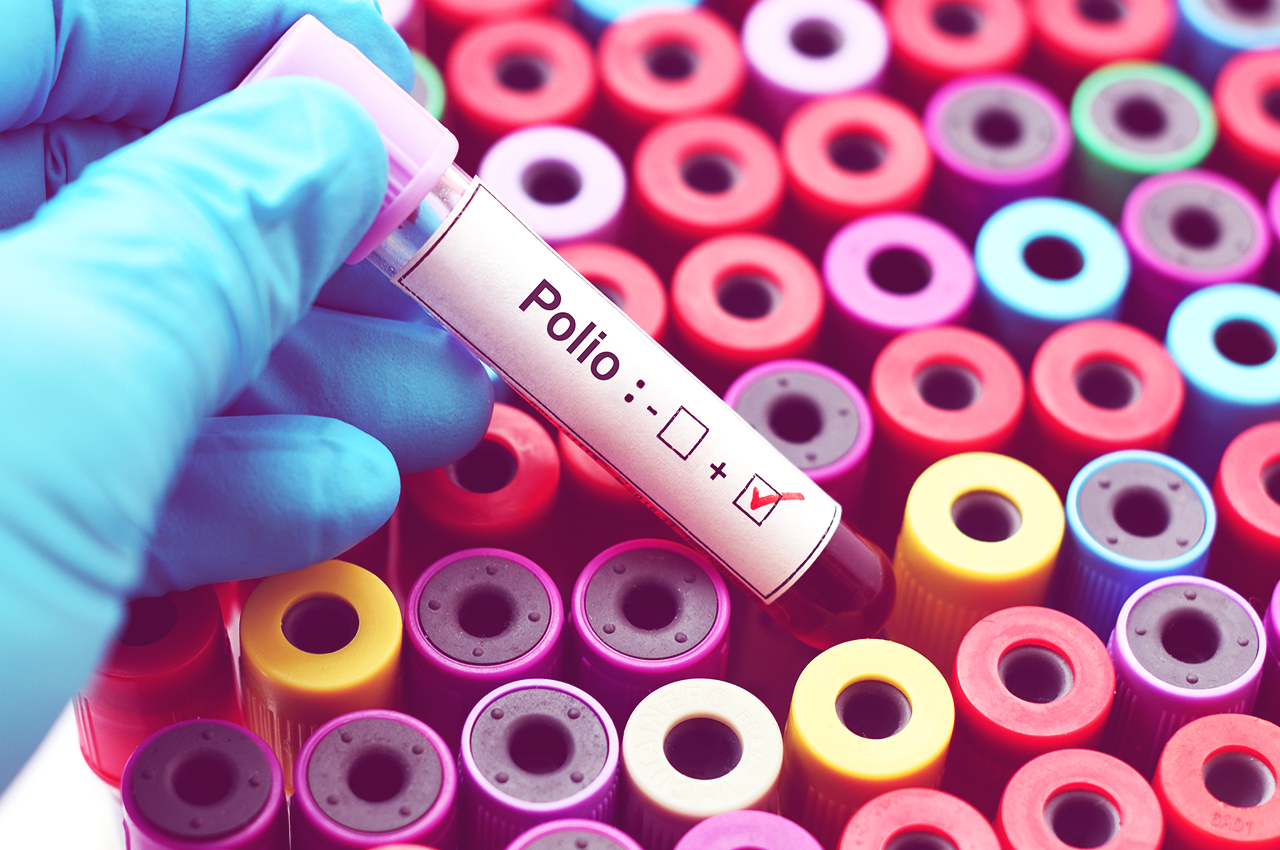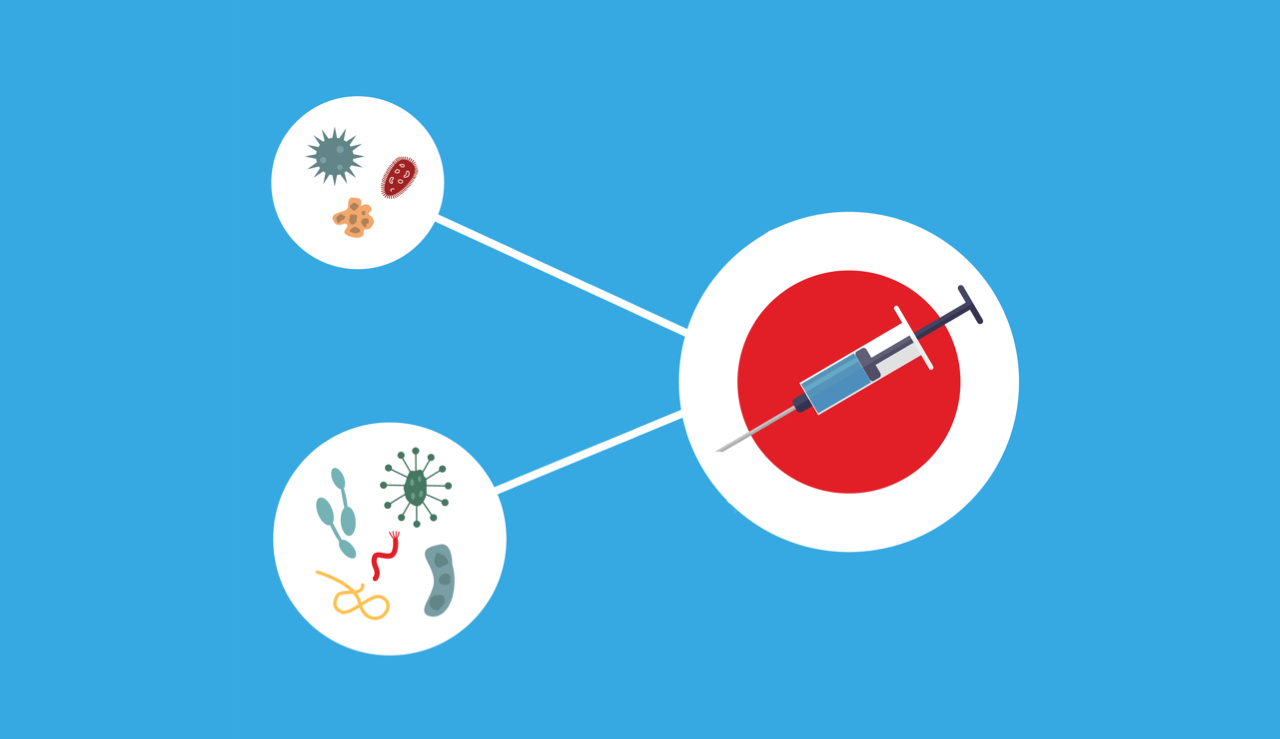Poliomyelitis, commonly known as polio, is a highly infectious condition caused by the Poliovirus. Children under the age of five are most often affected.
The Poliovirus is mainly spread by person-to-person contact, but can also be transferred via eating raw or undercooked food or water that’s been contaminated with the faeces of an infected person.
Most people with polio don’t experience noticeable signs. The most common indication of polio is a sudden weakness or lameness in the limbs. People who have symptoms may have minor issues like fever, fatigue, nausea, headache, a sore throat, coughing, congestion and stiffness and pain in the arms, legs, back and neck.
The majority of those who contract polio recover completely, but in extreme cases, it causes the permanent loss of muscle function, which may result in paralysis, usually in the arms or legs. It may also cause death if it decreases muscle function used for breathing or if the virus infects your brain.
Polio today
Thankfully, due to routine immunisations, South Africa has been free from polio since 1989. There are, however still cases of polio in other countries. Globally, most countries are polio-free, except for Afghanistan, Nigeria, Pakistan and certain areas in Asia. In recent years, the number of people affected by polio has decreased, but unfortunately, even a small number of infected people can put many others at risk.
What’s worrying is that the poliovirus can easily spread from an infected country to a polio-free one.
What can you do to fight polio?
Unfortunately, there’s no cure for polio, so the only way to fight it is with prevention. To fight polio you should:
Keep up with vaccinations
Ensure you have had a polio vaccination. An additional one-time polio vaccine booster is recommended for those travelling to high-risk countries. To be safe, ask your doctor or nurse if your polio vaccine is up-to-date before travelling. It’s also important to ensure your children are vaccinated. Kids should be immunised with polio drops at birth, six weeks, 10 weeks, 14 weeks, 18 months and when they’re five years old.
Watch your food
Make sure your food is always cooked properly before eating it and avoid raw food. Street vendors in some developing countries may not be safe, so always be cautious. Bushmeat is especially risky, so avoid eating it and don’t drink tap water when travelling, unless it’s been boiled or filtered. Bottled or canned factory drinks are usually safe, but watch out for bottled water that could just be regular tap water.
Practise good hygiene
- Wash your hands often with warm water and soap. Use hand sanitiser with at least 60% alcohol if there’s no water or soap available.
- Cover your nose and mouth with a tissue or sleeve if you cough or sneeze.
- Don’t touch your eyes, nose or mouth. If you do, make sure your hands are clean.
- Avoid sharing utensils with sick people and avoid close contact (like hugging, holding hands and kissing).
Good to know
- Ask your doctor or a nurse at your local clinic or hospital about immunisation and follow the schedule.
- Immediately report any child under the age of 15 who develops sudden weakness of either an arm and/or leg (without any injury).




